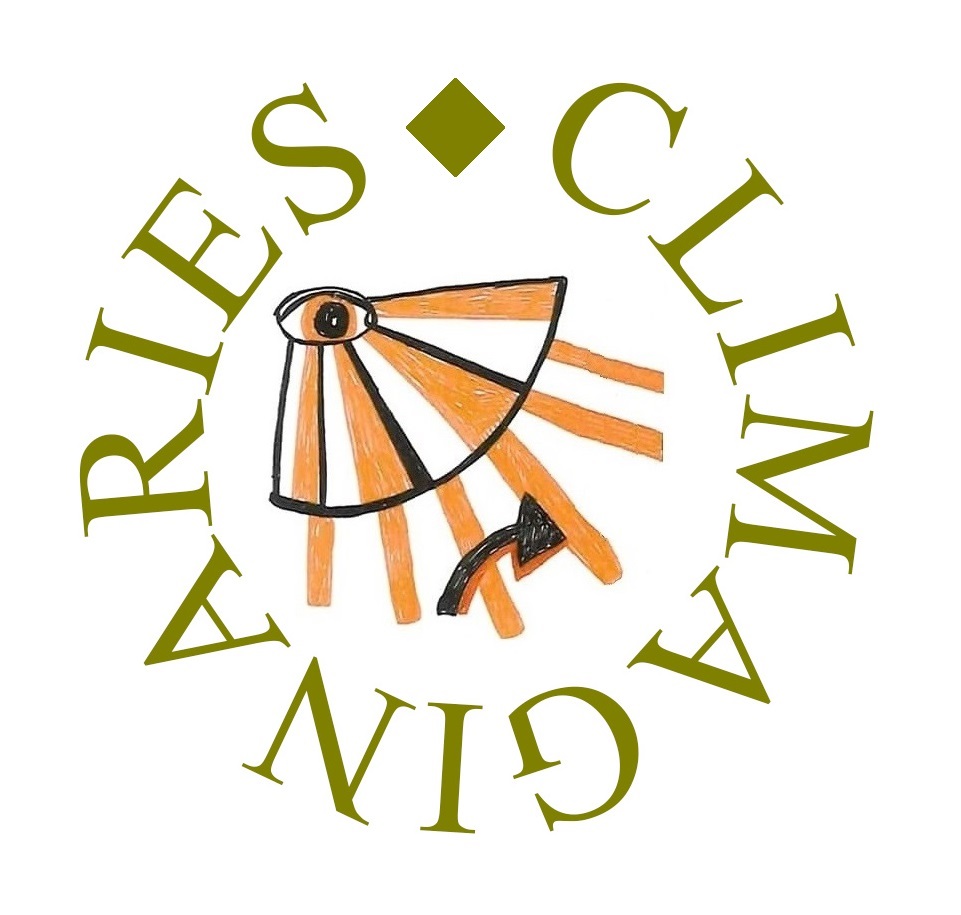Academic Publications
2023: Plausibility in models and fiction: What Integrated Assessment Modellers can learn from an interaction with climate fiction
by Lisette van Beek and Wytske Wersteeg
“Integrated assessment models (IAMs) are critical tools to explore possible pathways to a low-carbon future. By simulating complex interactions between social and climatic processes, they help policymakers to systematically compare mitigation policies. However, their authoritative projections of cost-efficient and technically feasible pathways restrict more transformative low-carbon imaginaries, especially because IAM pathways are often understood in terms of probability rather than plausibility. We suggest an interaction with climate fiction could be helpful to address this situation. Despite fundamental differences, we argue that both IAMs and climate fiction can be seen as practices of storytelling about plausible future worlds. For this exploratory article, we staged conversations between modellers and climate fiction writers to compare their respective processes of storytelling and the content of both their stories and story-worlds, focusing specifically on how they build plausibility.[…]”
2022: Bortom Fossilsamhället – en framtidspedagogik för en hoppfull framtid (Beyond the Fossil Era – a future pedagogy for a hopeful future)
by Ludwig Bengtsson Sonesson and Roger Hildingsson
Paper in So-didaktik, nr 12/22, pp. 50-55. In Swedish.
2022: Navigating the political: An analysis of political calibration of integrated assessment modelling in light of the 1.5° C goal
by Lisette van Beek, Jeroen Oomen, Maarten Hajer, Peter Pelzer and Detlef van Vuuren
“Some of the most influential explorations of low-carbon transformations are conducted with Integrated Assessment Models (IAMs). The recent attempts by the IPCC to look for pathways compatible with the 1.5 ◦C and 2 ◦C temperature goals are a case in point. Earlier scholarship indicates that model-based pathways are persuasive in bringing specific possible future alternatives into view and guiding policymaking. However, the process through which these shared imaginations of possible futures come about is not yet well understood. By closely examining the science-policy dynamics around the IPCC SR1.5, we observe a sequence of mutually legitimising interactions between modelling and policy making through which the 1.5 ◦C goal gradually gained traction in global climate politics. Our findings reveal a practice of ‘political calibration’, a continuous relational readjustment between modelling and the policy community.[…]”
2021: Transformative pathways–Using integrated assessment models more effectively to open up plausible and desirable low-carbon futures
by Lukas Braunreiter, Lisette van Beek, Maarten Hajer and Detlef van Vuuren
“Integrated assessment models (IAM) and resulting scenarios have become increasingly institutionalised and relevant in the science-policy interface of climate policy. Despite their analytical strengths to conceive low-carbon futures, their co-evolution with the transnational science-policy interface of climate politics has also led to a focus on a specific set of techno-economic futures that are typically based on a relatively narrow set of assumptions. This deviates attention from alternatives that are hardly studied by IAMs, but might be more desirable from a societal perspective.[…]”
2021: Carbon Ruins: Engaging with Post-Fossil Transitions through Participatory World-Building
by Johannes Stripple, Alexandra Nikoleris and Roger Hildingsson
“While many pathways to post-fossil futures have been articulated, most fail to engage people in imagining themselves as being part of those futures and involved in the transition. Following recent calls for more immersive experiences, the 2019 initiative “Carbon Ruins—An Exhibition of the Fossil Era” (Carbon Ruins) is a performance set around a historical museum from the future, which uses recognisable, culturally powerful physical objects to bridge the gap between abstract scenarios and everyday experiences[…]”
2021: Touring the carbon ruins: towards an ethics of speculative decarbonisation
by Paul Raven and Johannes Stripple
“For many years, questions about the future have been marginalised within the social sciences: asking how we might live in a post-fossil society, or what are the key decisions and events that could take us there, has been seen as outside of the disciplinary scope. In this paper – which takes as its point of departure the ‘speculative turn’ that is increasingly inspiring a range of works, from foresight scenarios to design fiction – we insist on the need to invent methods and practices which provide speculative spaces that allow such questions to be articulated[…]"
2021: Planning for 1000 Years: The Råängen Experiment
by Peter Peltzer, Roger Hildingsson, Alice Herrström and Johannes Stripple
“While traditional forms of urban planning are oriented towards the future, the recent turn towards experimental and challenge-led urban developments is characterized by an overarching presentism. We explore in this article how an experimental approach to urban planning can consider the long-term through setting-up ‘conversations with a future situation.’ In doing so, we draw on a unique experiment: Råängen, a piece of farmland in Lund (Sweden) owned by the Cathedral […]”
2020: Anticipating Futures through Models: the rise of Integrated Assessment Modelling in the climate science-policy interface since 1970
by Lisette Van Beek, Maarten Hajer, Detlef van Vuuren and Peter Peltzer
“Integrated Assessment Models (IAMs) have gained a prominent role in the climate science-policy interface. The article reconstructs the evolution of IAMs and their changing role in this interface, investigating how and why IAMs have become so prominent. […]”
